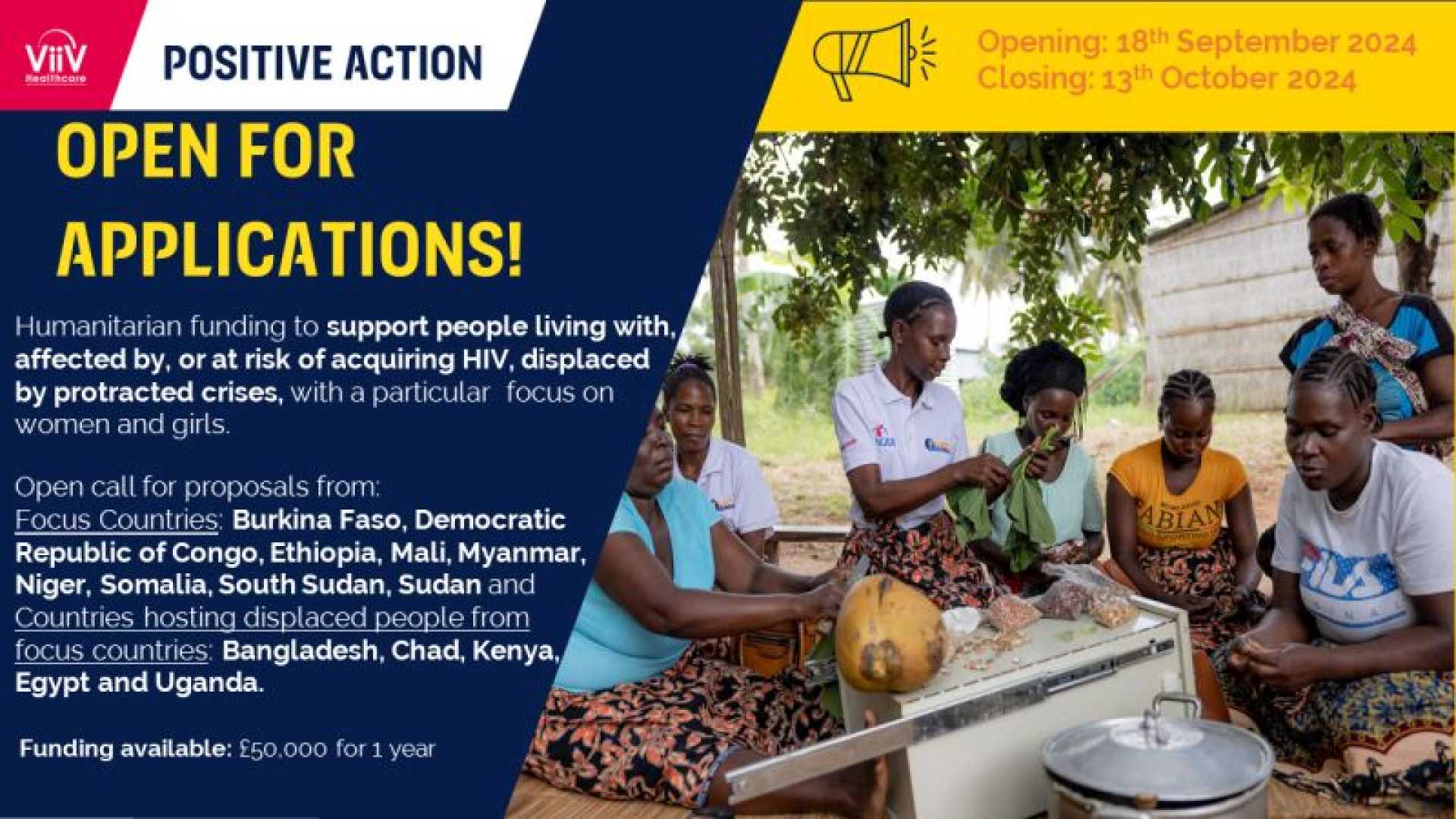Health
Mali Allocates Funds to Resume HIV Services After U.S. Aid Suspension

BAKO, MALI — The Malian government has allocated 120 million CFA francs to support associations affected by the recent suspension of U.S. funding for HIV programs, a step to mitigate the impact on vital health services.
This decision came during a meeting on February 28, organized by the UNAIDS Country Office and the Executive Secretary of the High National Council for the Fight against AIDS. The allocation aims to assist the ongoing HIV project implemented by FHI360, which had been severely affected by the withdrawal of U.S. funding.
President Joseph Nyumah Boakai reaffirmed his administration’s commitment to support HIV initiatives during a recent address, emphasizing the importance of sustaining health services amid the challenges posed by reduced foreign aid.
“The community response to HIV is critical. We must find ways to continue supporting our people despite the setbacks we face due to funding cuts,” President Boakai stated.
Before the allocation, many non-governmental organizations struggled to maintain their operations as U.S. funding had dried up, bringing their activities to near standstill. The renewed funding is expected to allow FHI360 to resume its essential work in HIV treatment, prevention, and education.
Despite this progress, experts warn about the lingering impact of U.S. aid cuts on the broader HIV strategy in Mali. Clinic closures and health workers being put on leave resulted from the aid suspension, which poses risks to the continuity of care for individuals living with HIV.
“While the allocation is a positive step, the disruption caused by the funding cut is still felt across our programs,” a spokesperson for UNAIDS in Mali said. “We continue to seek long-term solutions to ensure that these vital services remain intact.
The situation has underscored the need for sustainable funding mechanisms in Mali’s fight against HIV, particularly as international support fluctuates. Stakeholders are urging the government to explore diverse funding strategies to ensure that health services for vulnerable populations remain accessible.












